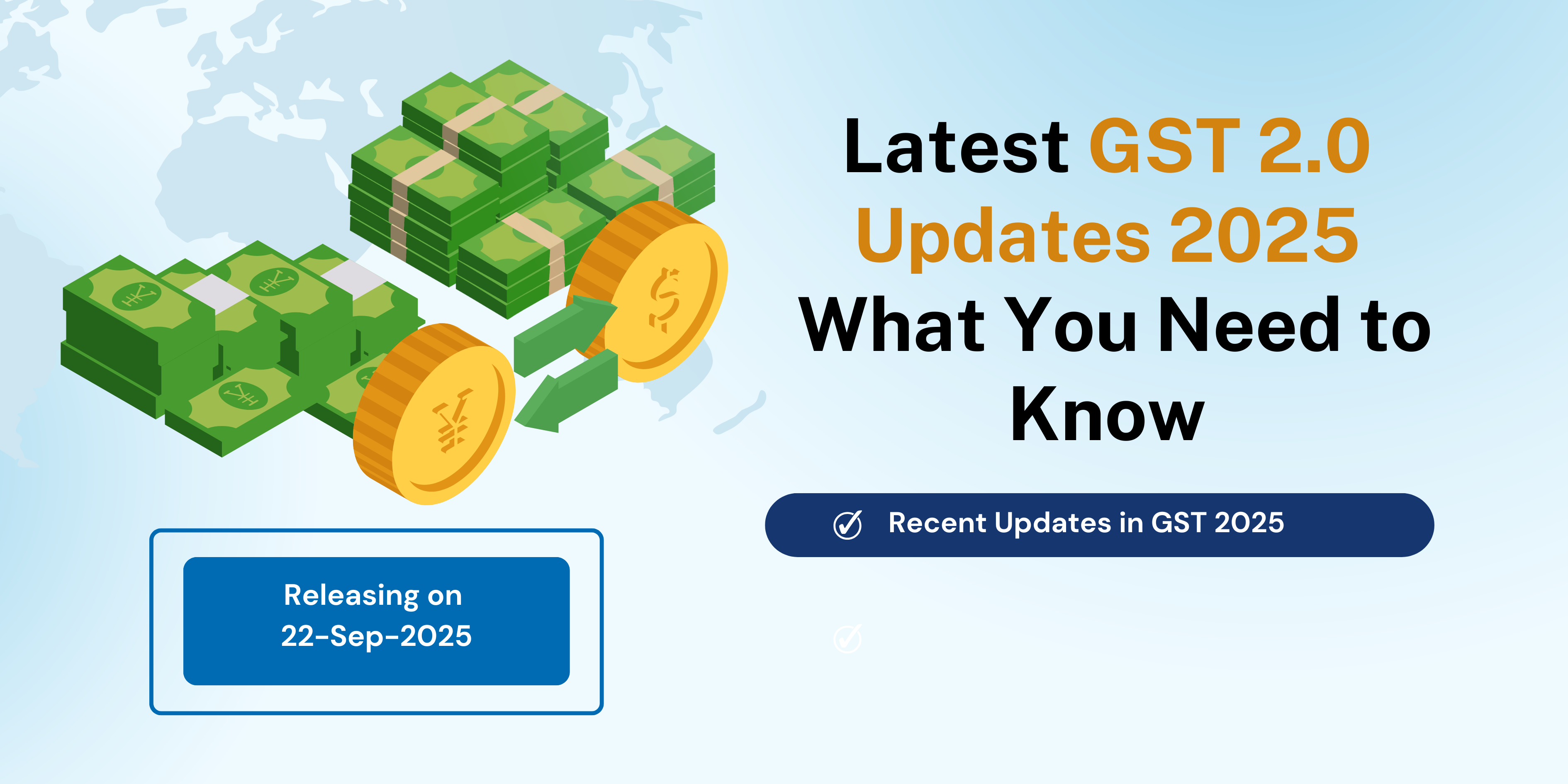
Financial management helps you to achieve financial objectives as you seek to become financially stable for wealth creation. Whether you are preparing to buy something, thinking about retirement, or just to get better control over your spending, paying attention to your financial habits can bring great changes. In this guide, you will find the approaches and recommendations for creating effective and smart budgeting that can make your financial state stronger.
1. A person needs to know how much income they have and the cost of expenses.
Gaining an overview of your income and expenses is always the prerequisite to any budgeting methodology. The first step is to show all income, whether salary, freelance, investments or other types of income. Next, in biological cognitive mapping, you have to spend a month calculating your expenses. Make your expenditure into two groups which are the needful expenses that must be incurred (rent, lighting, gas, and food) and the wasteful expenditure that does not need to be incurred (eating out, movies, games, and hobbies).
2. Set Clear Financial Goals
The way links financial goals to budgeting is important in that goals that are financially clear are important for good budgeting. No matter whether you need to buy a house, pay for treatment, or start an emergency fund, it is really helpful to set exact goals that will motivate and guide you. Divide your targets into absolute, established, intermediate, stretch, and exploratory targets, and grade them according to your desire.
3. Create a Realistic Budget
Once you have a clear picture of your income, expenses, and financial goals, it’s time to create a budget. A realistic budget allocates your income to cover your essential expenses, savings, and discretionary spending. Here are some smart budgeting tips to get you started:
- 50/30/20 Rule: Allocate 50% of your income to needs, 30% to wants, and 20% to savings and debt repayment.
- Zero-Based Budgeting: Assign every dollar of your income to a specific purpose, ensuring that your income minus your expenses equals zero at the end of the month.
- Envelope System: Use cash for different spending categories and place the allocated amount in separate envelopes. Once an envelope is empty, you can’t spend any more in that category for the month.
4. Track Your Spending Regularly
It becomes very important to note that if one plans to track the budget he or she should have a list of the expenses that they need to adhere to. Record your expenses either with such applications, a special Excel sheet, or a simple notebook and pencil. Perhaps, it is most important that for routine analyses of spending habits, the source of information and tracking must be acknowledged and taken to revisit it as the day progresses. They also ensure that you are the one in charge of undertaking budgetary measures that have been set also because of frequent data capture.
5. Cut Unnecessary Expenses
To simplify, list down what are needs and what are expenses that you can do away with or decrease. Some of the things they might have to reduce include going out to restaurants, canceling membership that one rarely uses, and cheap ways of pursuing the interest one has. Lowering expenditure to some degree assists in allowing a greater amount of money to be utilized towards the priorities –the enhancement of one’s standard of living.
Read Also This: How to Build a Strong Financial Plan: A Step-by-Step Guide
6. Build an Emergency Fund
To consider oneself financially secure an emergency fund is mandatory. For a more secure financial position, it is preferable to try to set up a cash reserve of at least 90 – 180 days of living expenses in a highly liquid account. This is an emergency fund, an individual that can help protect against lifestyle times such as a serious illness, job loss or a big car repair bill. An emergency fund helps you avoid taking a loan when there is an emergency.
7. Pay Off Debt Strategically
If you have debt, developing a strategy to pay it off is essential for improving your financial health. Here are two effective budgeting techniques for debt repayment:
Debt Snowball Method: Using the least balance owed principle, pay off smaller debts first while only paying the minimum to larger debts. After paying a particular smaller debt, one has to proceed toward the next list to pay to round a debt snowball.
Debt Avalanche Method: It is helpful to begin the process of paying off debts in the order of their interest rates, this is because it is cheaper.
Choose the method that Best budgeting practices for financial growth fit your personality and financial situation to stay motivated and make steady progress.
8. Automate Your Savings
Automating your savings is a smart money management suggestion that makes you always set aside a portion of the amount without much thought. Take a portion of your paycheck and deposit it into a savings or investment account by direct deposit each payday. This approach helps by putting into emphasis the need to save and the process at the same time avoids you from being swayed into spending cash which you are supposed to have saved.
9. Financial plans should be revisited and changed periodically Adjust your budget periodically
Indeed, your financial circumstances in the future as well as your objectives are likely to vary thus the need to revise the budget in the future. It is essential that like with any other strategy, there should be a designated time of the month in which you assess your progress, any changes required, and goals that need to be set. Financial reviews assist in making sure that you are on track as per your financial plan, in case of any changes in the level of income, or expenditure.
10. Use Budgeting Tools and Resources
There are many personal finance budgeting tips available through various tools and resources that can make budgeting easier and more effective. Consider using budgeting apps like Mint, YNAB (You Need a Budget), or simple spreadsheet templates to organize your finances. These tools can help you track your spending, set goals, and stay on top of your budget with minimal effort.
11. Prioritize Financial Education
Improving your Financial health budgeting strategies goes beyond just budgeting. Investing time in financial education can provide you with valuable knowledge and skills to make informed financial decisions. Read books, take online courses, or attend workshops on personal finance topics such as investing, retirement planning, and tax strategies. The more you understand about managing money, the better equipped you’ll be to achieve financial stability and growth.
12. Plan for Major Expenses
Anticipating and planning for major expenses can prevent financial strain. Whether it’s a vacation, a new car, or home renovations, Budgeting for financial stability these costs in advance ensures you have the necessary funds without disrupting your overall financial plan. Set aside a specific amount each month towards these large expenses to avoid unexpected financial burdens.
13. Limit the Use of Credit Cards
There is no doubt credit cards are a great tool in that they offer convenience, but using them creates a problem since it compounds spending hence financial ruin. Managed credit cards should only be used and reimbursed within a specific time to avoid interest charges. If you are struggling to control your habits when it comes to credit cards, you are better off using debit cards or cash only so that you will not go over your budget.
14. If there is any doubt about a child’s health, activities, or development, do not hesitate to consult your doctor.
When an individual is facing issues to do with the management of funds and even making a good plan for the expenses, it is often wise to seek help. You can approach any of the following for directions on how to improve your situation, that is financial advisors or credit counselors. They can help in the preparation of a sound financial strategy map that would meet your needs and requirements.
15. Stay Motivated and Persistent
As with most things in life that are worth their while, managing your financial health in a way that enables you to create a budget and stick to it needs a lot of hard work and patience. Stay focused on your goals, be excited when you start making progress, no matter how insignificant, and keep in mind the objective of the whole money-making process. Make sure to have fond friends or relatives who would motivate your performance in the financial activities. It is also important to understand that developing healthy financial behaviors is a long-term process and what is more, constant work on it can bring a great result in the form of constant financial stability and growth.
Conclusion
Smart budgeting strategies are among the best methods of improving one’s financial situation. Thus it is important to appreciate your income and expenditure as well as to identify the right goals and techniques of successful budgeting. Don’t forget to keep your record of the expenses, avoid all unnecessary expenses, try to save money for emergencies, and try to sort out your debts. Use available budgeting techniques, ensure that financial literacy forms part of the daily practice, and consult a financial planner when unsure of what to do. By guarding and diligence, a person can learn how to manage it intelligently and build the best financial life possible.



